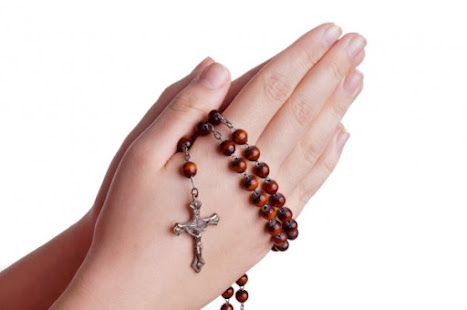Dear Friends,
Today, the second day of the New Year, is, in our minds, replete with newness, resolutions and fresh beginnings – or so we think. But yesterday and today, the Gospel contains a refrain about returning, going back. Yesterday, we were told the shepherds who had come down from their flocks to Bethlehem to see for themselves “this thing that has come to pass,” then returned to their temporarily abandoned flock (Luke 2.20). Their sheep awaited them.
Today, the feast of the Epiphany is the story of the Magi, coming from distant places, following the star to the place where Jesus was. They saw. They worshipped. And at the end of the passage, we are told they returned home by a different route (Matthew 2.12).
Putting these readings together at the beginning of this New Year, the lesson is that now is the time for us to return – to the classroom, the finance office, the operating room, the laboratory and hillside, the restaurant kitchen. A return to dailiness, to begin where we left off.
Except that the world we return to need not be the same as the world we left to celebrate the Christmas season and the end of an exhausting year. Because something spiritual, deep, and mysterious happened during this holy season. It was that Jesus leapt into human life to be with us in a new and lasting way. We have seen the possible in the midst of the impossible. We have seen the face of God during these Christmas feasts, not realizing that our faces shine with the glow of that encounter. The place we are returning to will be different because we have been transformed by the star, the holy night, the face of God.
At one and the same time, we are being called to begin where we left off and yet to make a new beginning. Because of what we have seen and heard, we need not go back as the same tired, restless creatures, care-worn by life in these COVID times, lost in heart and in spirit. We go, ready to embrace a second chance at creating a newly framed world of Spirit and love.
“The routine beckons, the familiar haunts require our attention and our presence, and before long, the memory of this holy time will disappear and be packed away with the paraphernalia of the season; and yet, by God’s grace we will be open to God’s most remarkable grace and surprise in the world…Christ’s presence has hallowed all that we are and every place that we are, and by his grace the world and we can never be the same again.” (Author unknown)
So, come with me, fellow pilgrim.
Having seen the star
and encountered this most remarkable child,
Walk with me toward springtime
and the cross and the Resurrection beyond that.
but doesn’t end here.
If we gaze at it with the eyes of faith,
we will find the world and ourselves
transformed by God’s embrace in the places we frequent daily.
~Sister Joan Sobala
















